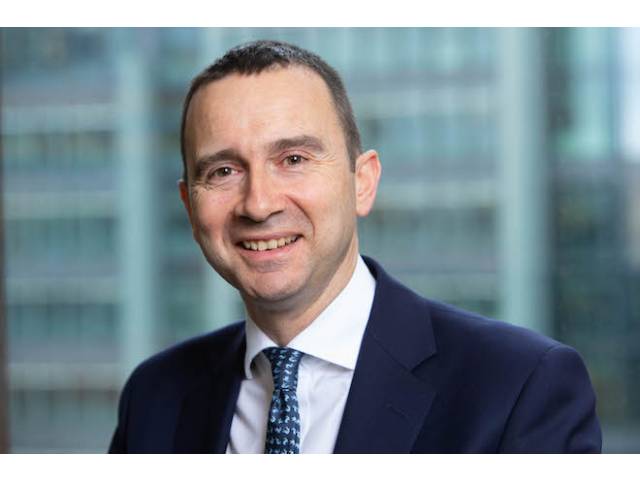Opening this year’s IUMI (International Union of Marine Insurance) annual conference online from Seoul, President Richard Turner was clear that within the current context of change, standing still was simply not an option for the marine insurance sector.
Turner presented “Pathways to a Sustainable, Resilient and Innovative Future” as this year’s conference theme and implied that a range of options were open to maximise marine underwriting in the future. But in determining the optimum direction he highlighted a number of issues that were impacting the sector.
Chief amongst these was the impact of COVID. “In its widest sense, the pandemic has exposed the frailties within our global supply chains leading to unwanted delays and disruptions – these need to be addressed”, he said. Within marine insurance, COVID has sped up the shift towards online placements, the development of remote casualty surveys, and the increased adoption of digitalization. Whilst the full impact of the pandemic is yet to be played out, these changes are here to stay. On the domestic front, we are likely to continue to see underwriters conducting increasing amounts of business from home and international travel curtailed somewhat”.
Looking to the long-term, Turner raised the issue of the environment and sustainability. “We can say, unequivocally, that we have seen an increase in the frequency and severity of nat cat events in recent years. Not just hurricanes and typhoons but also unprecedented torrential rainfall in most continents, as well as the outbreak of severe wildfires. Alarmingly, the Intergovernmental Panel on Climate Change is predicting that coastal flooding “one in one hundred year” events could become annual activities. Thinking about the high exposure of cargoes moving through ports and coastal areas, the marine insurance sector could be disproportionately exposed to these pressures on our coastlines”.
In this context Turner also referenced the evolution of offshore windfarms enabling a move away from fossil fuels and the general decarbonisation of shipping. New propulsion methods for ships would change current risk profiles and would need to be fully understood before adequate insurance products could be developed. “We should give our full backing to the drive towards decarbonisation”, he said, “but it must be matched by steps taken to ensure that safety is also prioritised and maintained. Some of the new potential alternative fuels are not without risk; and it will take a collaborative effort between all parties – plus no doubt some evolution in the regulatory environment – if we are to tackle this coming risk phase without mishaps.”
Data and digitalisation will increasingly impact on marine underwriting, specifically on how risk is selected and priced; as well as how business is distributed and placed. It will also be integral to the premium and claims handling processes. Here, Turner advocates a “blend of art and science”. He says, “we need to understand the areas where human judgement is both valid and important; and alternately where machine learning is going to do the job more efficiently and accurately. Future underwriting will be a combination of human and computer analysis. Digitalisation has the capacity to improve pricing consistency, risk selection, cut cost, improve service – but I would doubt that technology will deliver the complete picture and I foresee a continued role for skilled practitioners applying necessary judgement to the process.”
Related to this, Turner expressed the need for marine underwriting to remain a specialised area of insurance employing practitioners who understood the shipping business. But he also predicted the need for more data and computer engineering experts to balance some of the more traditional roles.
Richard Turner’s opening speech also included a round-up of IUMI’s progress on achieving its top strategic priorities. These were servicing and growing its membership, offering top-quality education, collecting and analysing statistics and data, advocacy, and environmental and sustainability concerns.









































